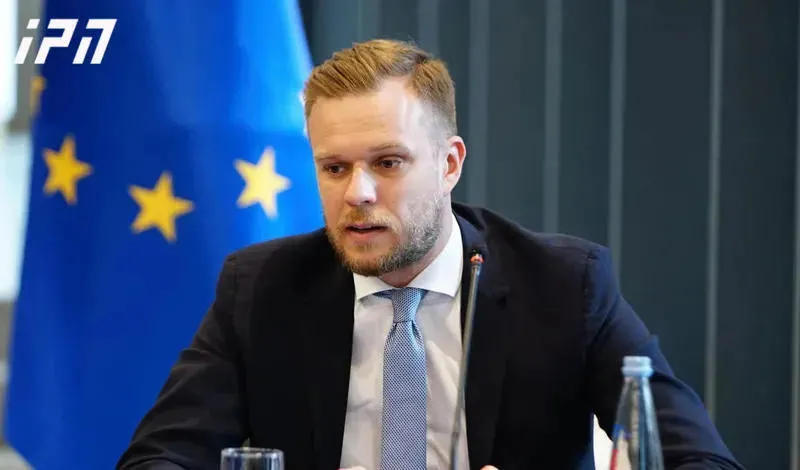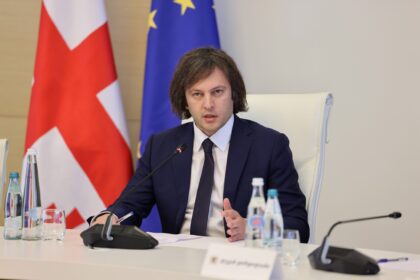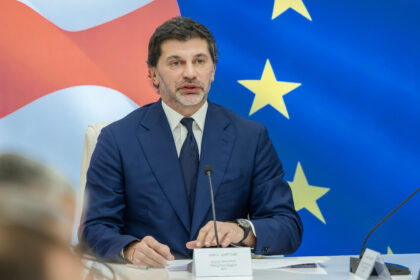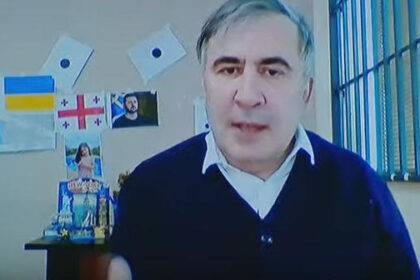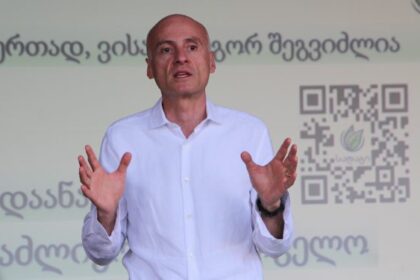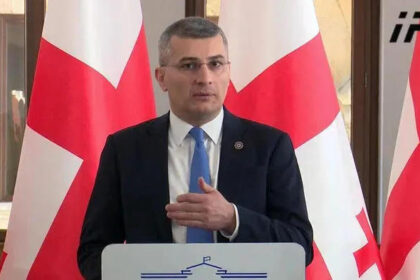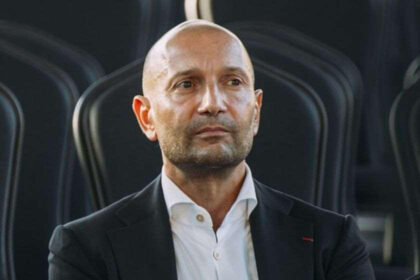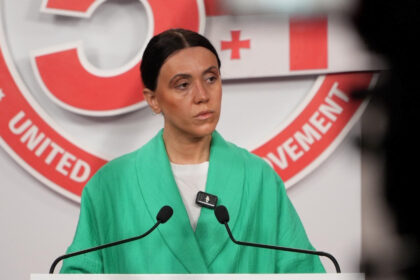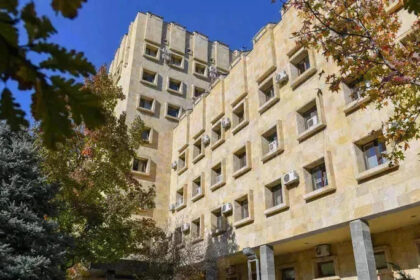**EU’s Failure to Act on Georgia Sparks Concerns Over Enlargement Process**
The ongoing protests in Georgia have raised questions about the effectiveness of the European Union’s (EU) enlargement process. Former Lithuanian Foreign Minister Gabrielius Landsbergis has written an article, “The End of the Enlargement Dream?”, highlighting the EU’s failure to act on the country’s democratic backsliding.
For 237 days, Georgian people have taken to the streets to protest against the government’s takeover and suppression of democracy. Despite the challenges faced by protesters, including detention and imprisonment, they continue to gather in large numbers. However, the government has not been idle; it has responded with force, jailing protesters and imposing long prison sentences on some.
Landsbergis notes that initially, many believed that the Georgian Dream government was genuinely interested in Europe and its values. However, elections have become increasingly flawed, making it impossible to claim that the people are given a choice. He expresses hope that the remaining opposition will not participate in upcoming municipal elections.
**What Could Europe Have Done Differently?**
Landsbergis questions what the EU could have done differently regarding Georgia’s situation. He points out that Charles Michel, former President of the European Council, attempted to build a diplomatic off-ramp for Georgian Dream, but ultimately failed to achieve any meaningful reforms. Landsbergis suggests that the EU should take a clear position when there is progress and declare a timeline for candidates to become members.
**The Value of Candidate Status**
The article highlights the value of candidate status, which seems to be little more than a “very concerned” tweet from Brussels. If the EU fails to act on Georgia’s democratic backsliding, the whole region could be lost. Landsbergis notes that inspiration through strength and commitment can turn back the tide.
**Consequences for Ukraine, Moldova, and Armenia**
Landsbergis writes that Georgians feel deceived and discarded after their dreams of joining NATO and the EU seemed within reach in 2008. This realization should serve as a chilling warning to pro-European communities in other aspiring countries, such as Ukraine, Moldova, and Armenia.
**Conclusion**
The article concludes by questioning whether the enlargement process is truly real or just a charade. Landsbergis suggests that getting real about European enlargement means more than just paying lip service; it requires action when there is backsliding. The EU must take a clear position, declare a timeline, and commit to seeing candidates become members.
Read More @ www.interpressnews.ge




